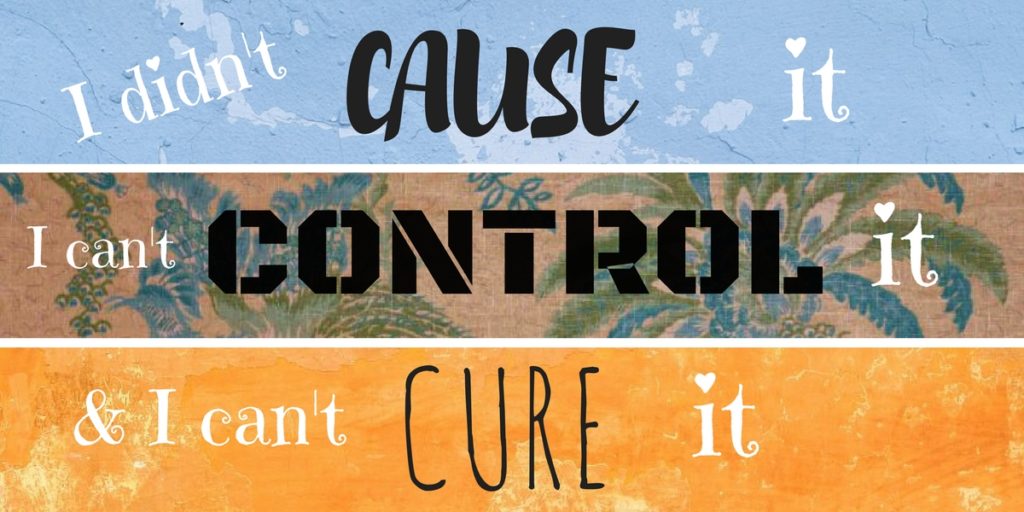It is nearly impossible to meet anyone that hasn’t been affected by the chaos of addiction either directly or indirectly. As science and society progresses, we have (mostly) come to understand that addiction is not a moral failing, but a complicated, confusing, and progressive disease that can cause grief and chaos in the lives of the alcoholic/addict and their loves ones. But how do we cope with watching our loved ones suffer from a baffling and cunning disease? What are our responsibilities and what are our limits? Certainly, these questions and topics are not generally taught in public settings and addiction continues to remain taboo among most Americans despite the current health crisis.
First of all, the most important avenue is to seek help, not only for the one struggling with addiction, but for yourself. In the end, no one can actually force someone to receive treatment, but that doesn’t mean we need to stop living our lives to its’ fullest potential. There are an endless amount of resources available for finding treatment as well as a wide variety of support groups for families affected by addiction throughout the country, which range from supporting teenaged children of addicts, partners of sex addicts, and loved ones/relatives of individuals struggling with alcoholism and/or addiction. Additionally, there is an grassroots advocacy group called NAMI that provides a myriad of resources to families and caregivers of those struggling with mental health concerns. Additionally, research indicates that treatment that includes families seeking their own professional help strengthens the recovery process.

One of the most common questions I hear when working with family members affected by addiction is, “It’s their problem. Why am I even here?” This is a commonly mistaken belief that our process does not affect one another when in fact how we interact with one another, the compassion or lack thereof we express, the limits we set for ourselves, and our self-care directly impact the entire family. When we convey compassion to one another, openly express our feelings, properly take care of ourselves, and set boundaries and limits for own well-being we model this behavior for everyone else around us; there is no time more important to take care of ourselves than when we are watching someone we care deeply for struggle in their addiction. The irony is that the more dangerous and progressive one’s addiction becomes, the more the family tends to engage in obsessing over controlling them and blaming themselves for the addict’s behavior.
In Al-anon support groups, a very famous saying that has been used for decades to help hold families and loved ones accountable in limiting themselves is that of the three C’s:
You didn’t Cause the problem.
You can’t Control the problem.
You can’t Cure the problem.

It’s always important to remember that self-blame and resentment is toxic to our happiness and growth. If you find yourself consistently beginning to neglect your own wants and needs for your loved ones then it might be time to seek help through support groups listed above as well as a therapist that specializes in these types of issues. After all, if you believe your loved one deserves help for their issues then why don’t you?
If you are ready to take the next step and receive the support you deserve please click here to connect with one of our therapists
About the Author
Nick Overbeck is both a Licensed Professional Counselor and Licensed Chemical Dependency Counselor. Nick has nearly a decade of experience in mental health including college counseling, trauma informed treatment, career counseling, suicide prevention, crisis intervention, addiction treatment, promoting mental/emotional wellness in working professionals, and working with loved ones of those affected by addiction and/or mental illness
